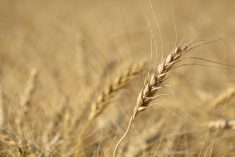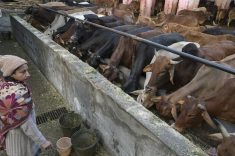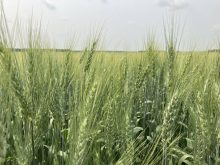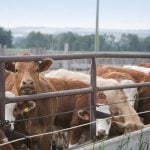Prices up for fed cattle
Fed cattle sales picked up $1-$1.25 per hundredweight last week, with
most of the strength appearing earlier in the week, Canfax said.
Later, prices and bids subsided a bit, but still held the previous
week’s gains.
Most of the demand came from western Canadian packers.
Volumes were down 14 percent from the week before, but almost 19,000
head sold.
Alberta prices Aug. 22 were steers $92-$94 per cwt., flat rail
$152.85-$154.65 and heifers $92, flat rail $152.15-$154.45.
Read Also
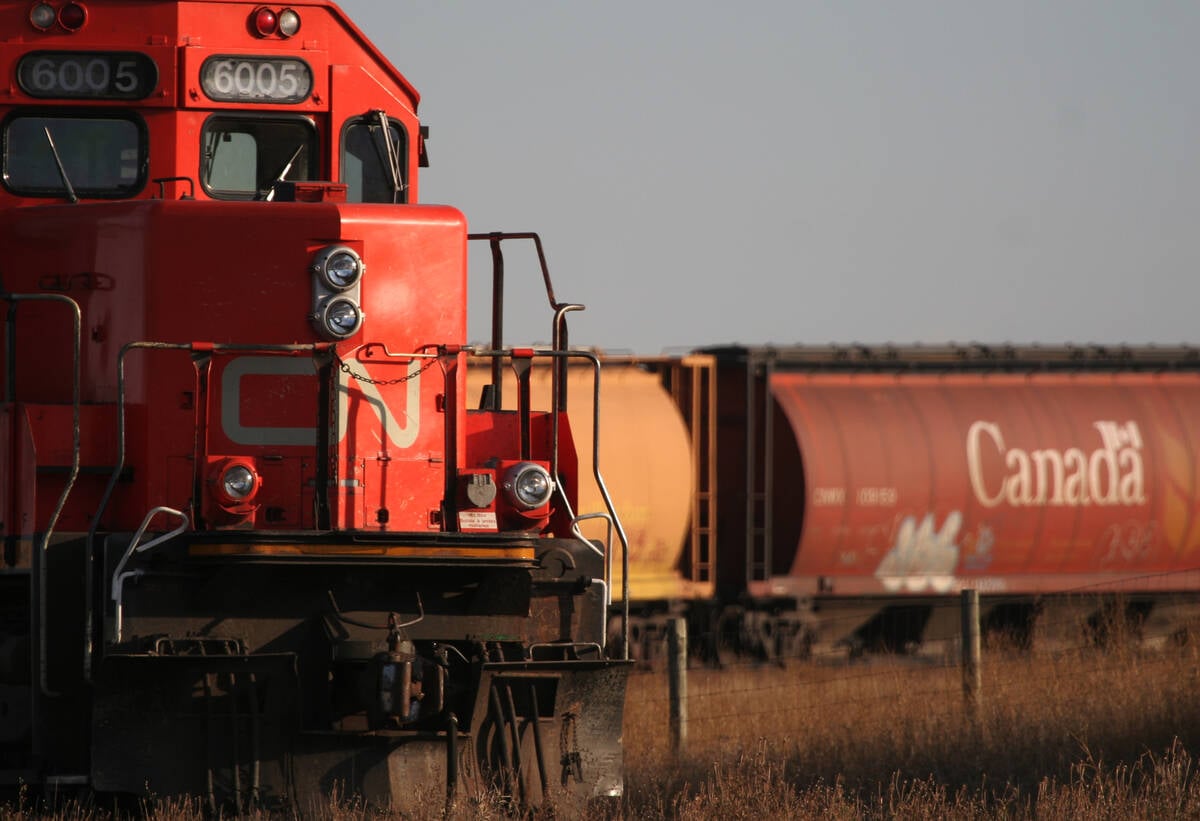
Canada-U.S. trade relationship called complex
Trade issues existed long before U.S. president Donald Trump and his on-again, off-again tariffs came along, said panelists at a policy summit last month.
Montreal wholesale beef prices rose $2 to $156-$157 per cwt. Calgary
picked up $1-$3, with handyweight steers at $149-$153 and tops to $157.
Beef appears to be moving through the system well, but some expect
business to slow after the long weekend. Canfax said prices this week
will be challenged by the coming holiday-shortened week.
Canfax said feedlots will be unlikely to sell at prices lower than
those now established.
Expect prices in the low $90s in early September.
Feeders generally higher
Feeder cattle prices were generally higher, with lighter calf prices
steady to $2 higher and yearlings $1-$2 higher.
Yearlings were particularly strong late in the week.
Ontario and Quebec buyers showed strong interest in calves. U.S. buyers
were also a supporting factor.
Volume was up by more than 65 percent to more than 48,000 head, which
was also seven percent higher than the same time last year.
Cull cow prices were generally steady.
The yearling steer market has shown marked improvement recently, with
prices now back to levels seen in March.
From the lows in late June and early July, prices have picked up $10
per cwt. This was the same time last year when prices made their
all-time high in the mid $140s for 850 lb. steers.
Will prices peak now, as they did last year?
Feed costs are higher today and larger volumes through the fall are
expected to pressure prices lower.
In stock cow trade, pairs sold at $900-$1,400, with the bulk at
$1,100-$1,300.
Hog supplies up
Lower wholesale prices for all pork cuts and declining futures prices,
coupled with ample hog supplies, led to lower hog prices, Manitoba
Agriculture said.
Lean hog futures prices dropped, partly due to negative market factors
such as the possibility of U.S. hog slaughter exceeding 1.9 million
head, more sows and breeding gilts coming to market when Tyson Food
reduces its sow herd, and larger-than-expected stocks of poultry and
pork.
The Iowa-Minnesota daily direct hog price (plant mean, 51-52 percent
lean, live equivalent) fell from $33.27 US per cwt. on Aug. 19 to
$31.62 Aug. 22.
On average, the week’s hog price was about 10 percent lower than the
previous week’s price, Manitoba Agriculture said.
Canadian prices were also down.
Maple Leaf Pork’s Brandon plant killed a record number of hogs two
weeks ago. In total, the federally and provincially inspected hog kill
was almost 91,800 head last week, a new record level for Manitoba.
Some good news for livestock producers was the announcement that Russia
has agreed to lift the ban on U.S poultry imports.
Livestock industries have been hurt in recent months by ample supplies
of cheap chicken in U.S. supermarkets competing with pork and beef.




